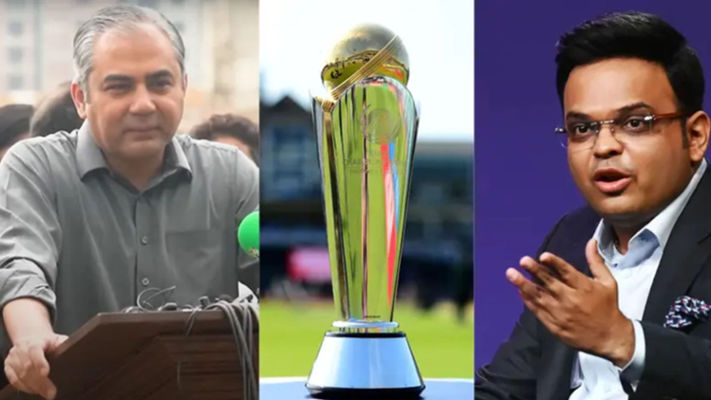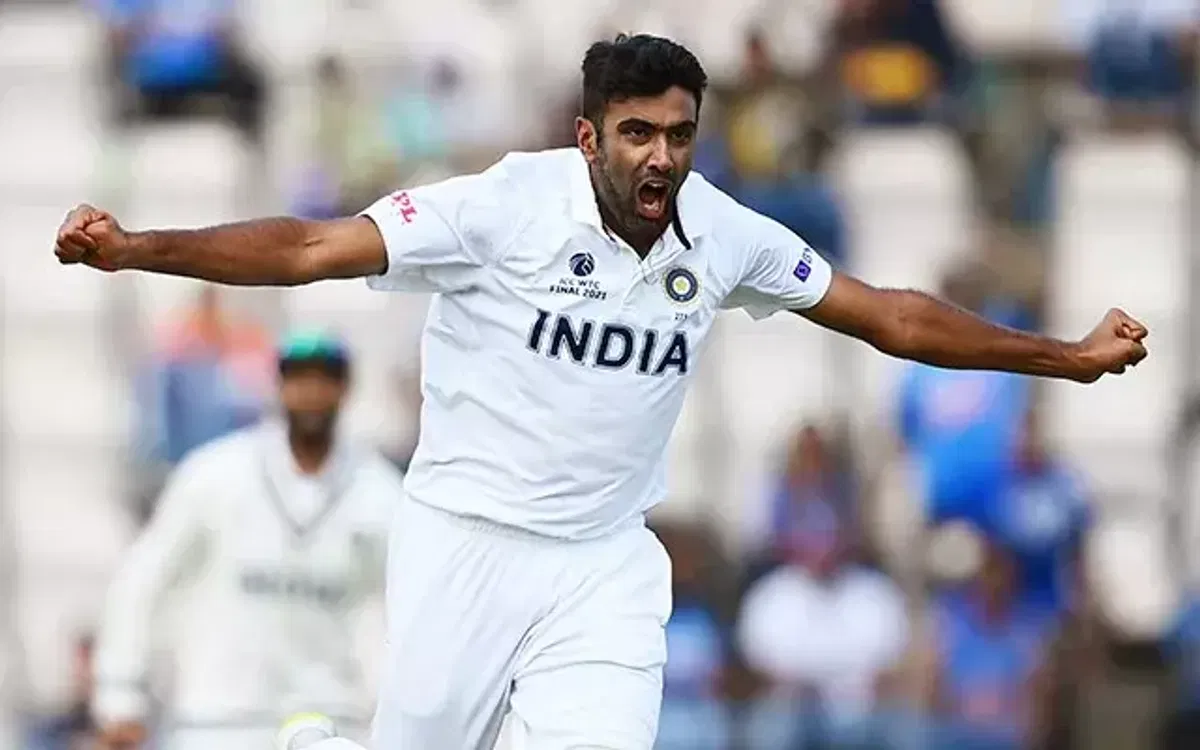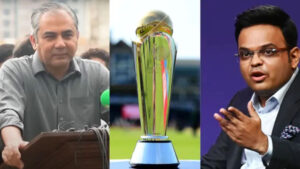The Pakistan Cricket Board (PCB) could face major revenue losses, lawsuits, and isolation from the global cricket community if it withdraws from the ICC Champions Trophy. This comes after a deadlock with the International Cricket Council (ICC) over how to organize the 50-over event scheduled for February-March.
Difficult Decision for PCB
A senior cricket administrator spoke to reporters on Wednesday, explaining that Pakistan’s decision to pull out of the Champions Trophy is not an easy one. The deadlock with the ICC and the Board of Control for Cricket in India (BCCI) centers on Pakistan’s Hybrid Model proposal. If the model is not fully accepted, the PCB faces tough choices.
Host Agreement and Revenue Sharing
Additionally, the administrator explained that Pakistan has signed both a host agreement with the ICC and a mandatory Member Participation Agreement (MPA). Once a country signs the MPA, it becomes eligible for a share of the revenue from ICC events.
The ICC’s broadcasting deal further strengthens Pakistan’s position. This agreement guarantees that all member countries, including Pakistan, must participate in ICC events. The deal relies on the participation of all nations, making it critical for Pakistan’s involvement.
Hybrid Model Agreement
Last week, the ICC agreed in principle to hold the 2024 Champions Trophy under a hybrid model, which allows India to play its matches in Dubai. However, a formal announcement is still awaited. The agreement also includes multi-lateral events until 2027, further complicating matters for the PCB.
Broadcasting Deal and Revenue Impact
The administrator highlighted that, under the ICC’s broadcasting deal, every event must include at least one Pakistan-India match. Broadcasters base their bids on the value of these high-profile matchups. They offset losses from other matches by earning revenue from Pakistan-India games, which are key to generating income.
Lawsuits and Financial Impact
If Pakistan withdraws, it risks lawsuits from the ICC and other member boards. Such a move could affect the estimated revenues for all stakeholders, including broadcasters. Additionally, the PCB faces potential alienation from other cricket boards, as many are not backing the Hybrid Model proposal.
Pressure on PCB
The administrator stressed that PCB Chairman Mohsin Naqvi must clarify the situation. The MPA is standard for all countries. Unless the PCB included safeguards in their host agreement, they are in a difficult position. Therefore, the PCB must address these concerns to avoid complications.
Future ICC Events and India-Pakistan Fixtures
The Hybrid Model acknowledges Pakistan’s stance of not playing in India. However, it ensures that, if Pakistan qualifies, the semifinals and finals of future ICC events in India will still take place there. This arrangement has not received full support from other boards, and the PCB has not earned the respect it deserves from ICC management.
About India’s Participation
The administrator also pointed out that the issue of whether India will send its team to Pakistan for the Champions Trophy has been ignored by the ICC. Despite this, the PCB raised the matter multiple times after securing the hosting rights. “The signing of the hosting rights was delayed because the PCB sought a clear answer from the ICC and BCCI,” he concluded.













